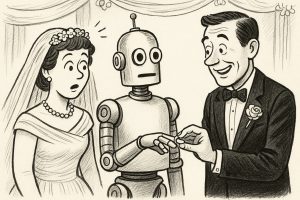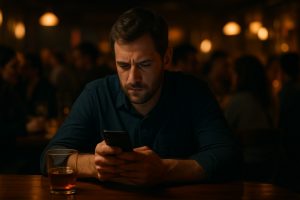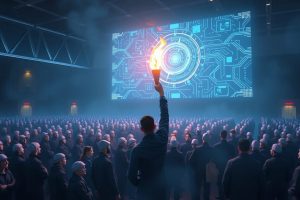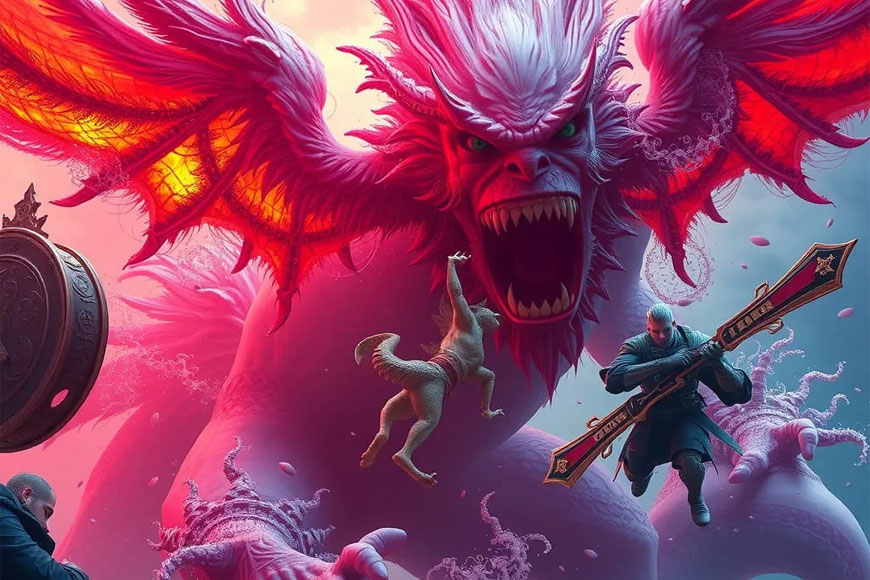
Copyright Conundrum: Generative AI and the Use of Training Materials
The emergence of generative AI has revolutionized creative fields by enabling the rapid production of images, text, and other forms of content. As these technologies become more sophisticated, they raise significant questions about the ethical and legal implications of using copyrighted materials for training purposes. This article explores the complexities of copyright issues surrounding AI, presenting both sides of the debate to better understand its impact on creators and the industry.
Creator’s Rights
On one side of the argument, there is a strong case for the protection of original creators’ rights. Photographers, artists, and other content creators rely on their works for income, and the unauthorized use of their images in training datasets could lead to substantial market harm. If AI-generated content begins to compete with original works, traditional creators may experience decreased sales and fewer opportunities to showcase their talent. This situation raises the urgent need for legal frameworks that ensure creators are fairly compensated for their contributions.
Ongoing legal cases, such as Getty Images v. Stability AI, illustrate how courts are grappling with these complex issues. In this case, Getty Images is challenging the use of its stock photos in training generative AI models without permission. The outcome of such cases could set important precedents, especially given the differences in copyright laws across jurisdictions. For instance, the UK’s moral rights may offer stronger protections for creators than the fair use doctrine in the U.S., potentially influencing the final verdict.
Fair Use
Conversely, proponents of generative AI argue that this technology empowers individuals by democratizing access to creative tools. Those without formal training can now produce high-quality content, enabling new forms of artistic expression and innovation. By lowering barriers to entry in creative fields, AI opens doors for diverse voices that might have previously been overlooked. This potential for increased creativity highlights the transformative power of AI in fostering a more inclusive artistic landscape.
Moreover, generative AI has the potential to stimulate innovation and drive economic growth. By creating new industries and job opportunities, AI can offset job losses in traditional sectors. Businesses that harness AI technology can enhance productivity and improve customer experiences, ultimately contributing to economic advancement. As AI continues to evolve, it may reshape the creative landscape in ways that benefit both creators and consumers.
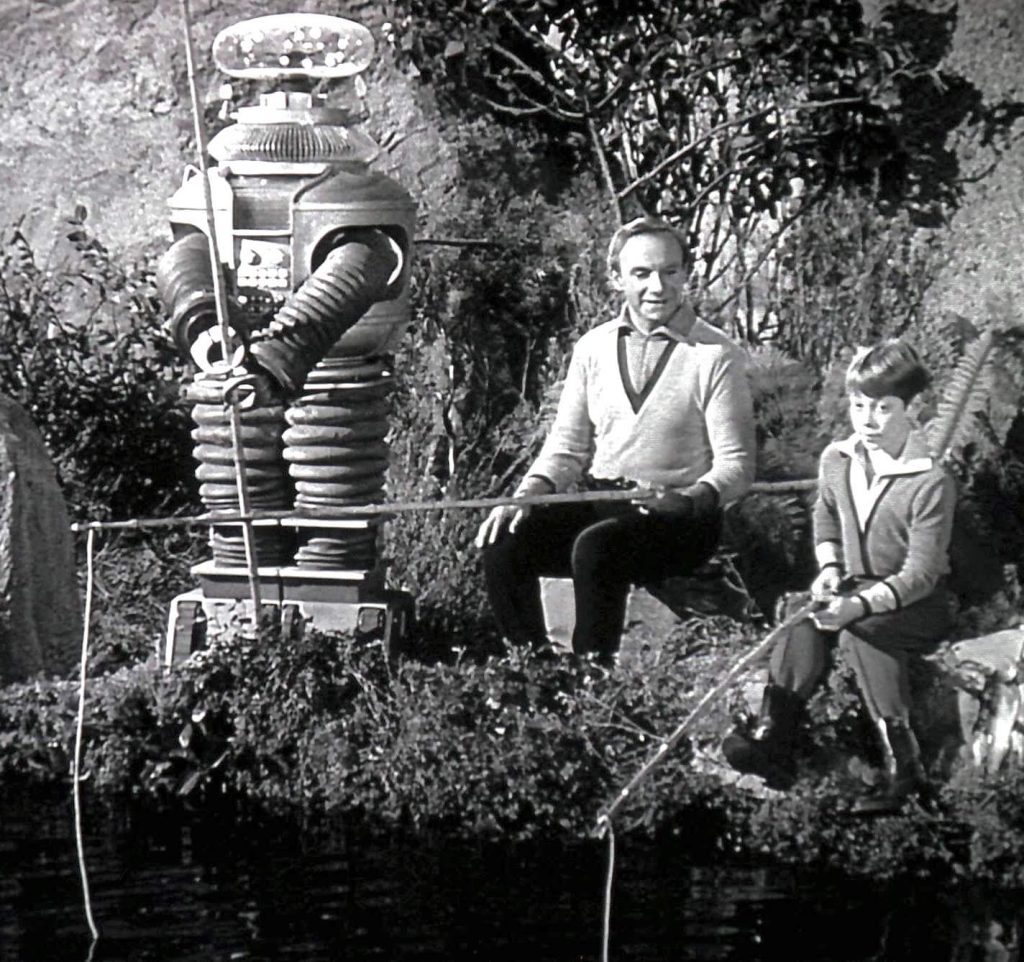
A crucial aspect of this debate centers on the idea of transformative use. Many argue that AI-generated content, which relies on pattern detection rather than direct copying, represents a new form of creativity that does not infringe upon copyright. This perspective complicates traditional notions of copyright infringement and invites further exploration of how we define originality in the digital age. As the lines blur between inspiration and imitation, the conversation about copyright and AI becomes increasingly relevant.
Balanced Approach
Finding a balanced approach that respects the rights of creators while encouraging innovation is essential. Potential solutions may include licensing models that allow AI developers to use copyrighted materials ethically. By fostering collaboration between creators and technology developers, we can work towards a future where both parties benefit from the advancements in AI.
In conclusion, the complexities of copyright and generative AI warrant ongoing dialogue between creators, AI developers, and policymakers. As we navigate the challenges and opportunities presented by these technologies, it is essential to consider both the risks and the potential for innovation. Ultimately, striking a balance will be crucial to ensuring that the evolution of generative AI benefits everyone involved, fostering a creative landscape that thrives on both originality and collaboration.
Tag:copyright

